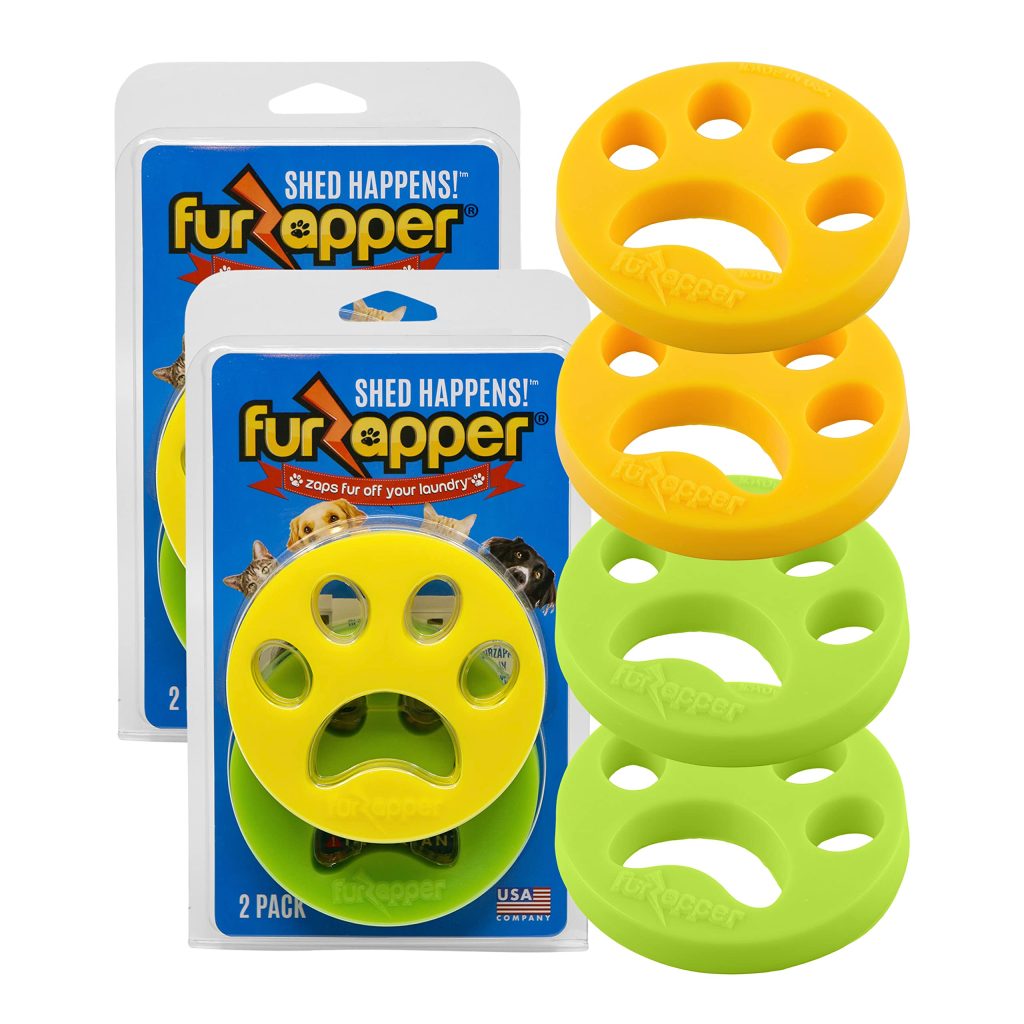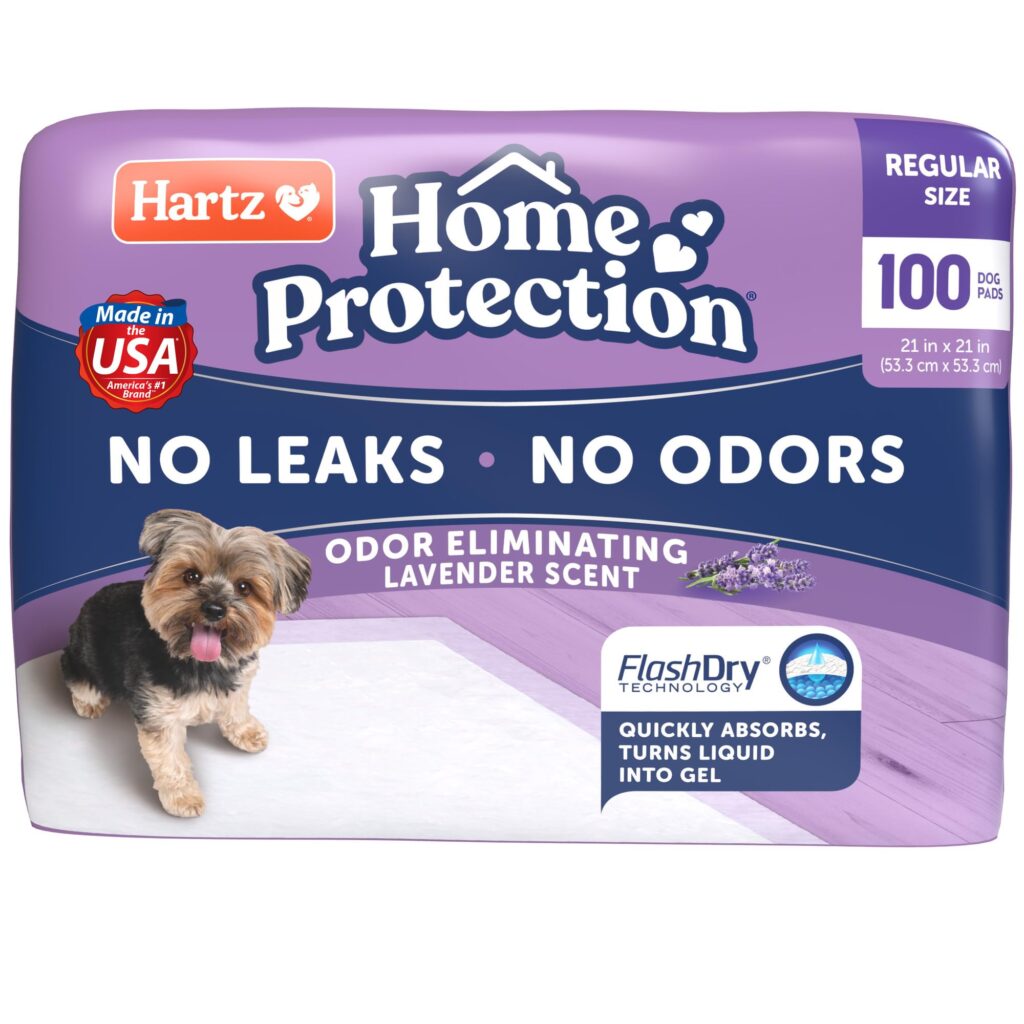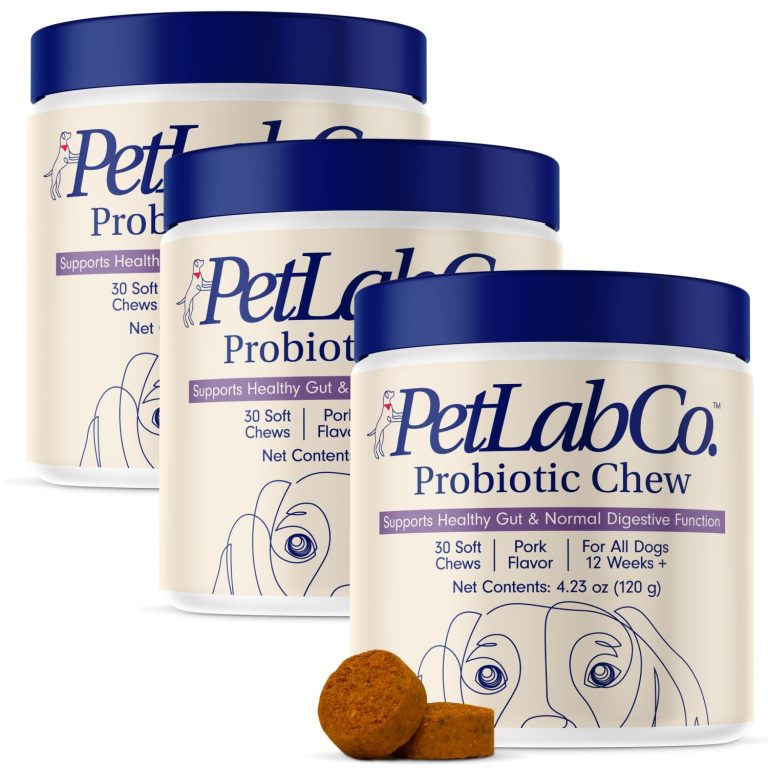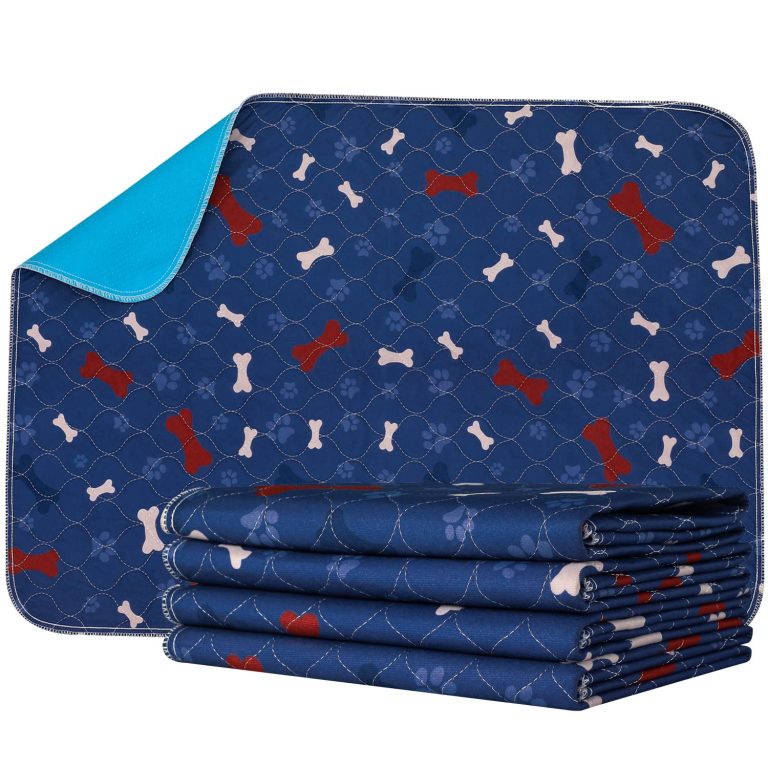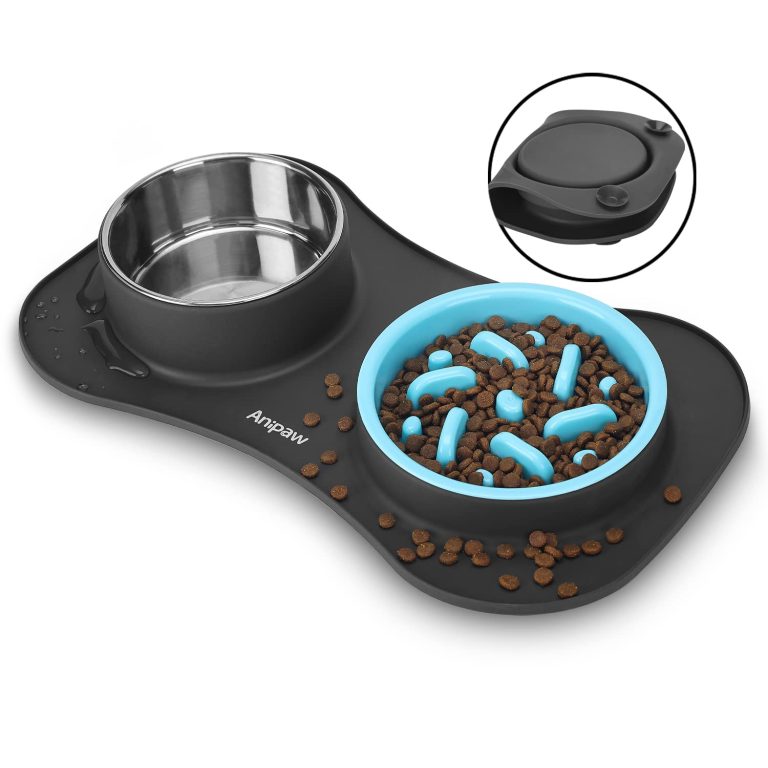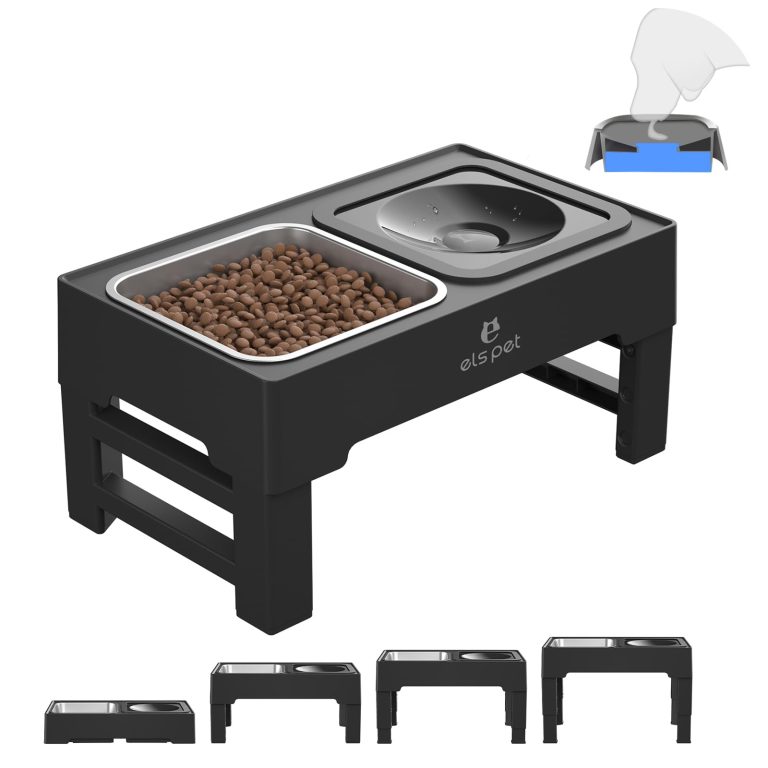The Science of Canine Nutrition – What You Need to Know

Understanding Your Dog’s Nutritional Needs
Just like us, dogs have specific nutritional needs that must be met for them to lead happy, healthy lives. It might seem convenient to just pour some kibble into a bowl and call it a day, but understanding what your dog really needs can make a world of difference. Dogs are omnivores, meaning they require a mix of meat and plant-based foods.
The foundation of your dog’s diet should be high-quality protein. This can come from meats, eggs, or legumes. Protein is essential for a range of bodily functions, including the maintenance of muscle mass and the proper functioning of the immune system.
Fats are another important component of a dog’s diet, providing energy and helping their bodies absorb vitamins. However, not all fats are created equal. Look for sources of omega-3 and omega-6 fatty acids, which support skin, coat, and overall health.
Carbohydrates provide energy and fiber, aiding in digestion. Though less critical than protein and fat, they’re still an important part of your dog’s diet. Opt for complex carbs like whole grains or sweet potatoes rather than fillers like corn or soy.
Beyond these macronutrients, vitamins and minerals also play a vital role in canine nutrition. They support everything from bone health to nerve function. While many dog foods are formulated to include everything your pooch needs, it is always good to check with your vet, particularly if you’re considering supplementing your dog’s diet.
Remember that every dog is different. Age, weight, activity level, and even breed can influence what kind of diet is best for your furry friend. So watch their cues and consult with a professional when needed. Here’s to many happy meals and tail wags!
The Role of Protein, Fats, and Carbohydrates in a Dog’s Diet
Let’s break down these essential nutrients a bit further. Proteins are the building blocks of your dog’s body. They’re not just important, they’re indispensable! When your dog eats protein, their body breaks it down into amino acids, which are then used to repair muscles, make new skin cells, and grow hair. Animal-based proteins provide a complete amino acid profile, so incorporating lean meats like chicken, beef, or fish into your canine’s diet is a great way to ensure they’re getting what they need. But don’t discount plant-based proteins – they can be a valuable addition, especially for dogs with certain food sensitivities.
Now, let’s talk fats. They might sound like a no-no, but healthy fats are actually super beneficial for your furball. They’re a dense form of energy – perfect for keeping active dogs on the go. Plus, they make food taste delicious (we all know how much our pups love tasty treats). Omega-3 fatty acids, found in fish oil and flaxseed, are particularly important for maintaining a shiny coat and healthy skin. Omega-6 fatty acids can come from poultry or eggs and are just as important for your pooch’s wellbeing.
Carbs often get a bad rap, but they’re actually an important source of energy in your dog’s diet. Not all carbs are equal, though! Stick to complex carbs like those sweet potatoes we mentioned earlier. They release energy slowly, keeping your dog fuller for longer and avoiding those spikes and crashes in blood sugar. And don’t forget the fiber! It promotes a healthy gut, ensuring that digestion is smooth sailing.
So there you have it – a trifecta of dietary goodness for your canine companion. Make sure to balance these nutrients to fit your dog’s lifestyle. A couch potato pup won’t need as much fat as an agility champion, for example. It’s all about finding that sweet spot where your dog is getting everything they need to thrive – without going overboard.
And remember – while treats are a great way to bond and train your dog, they shouldn’t make up more than 10% of their overall diet. Keep those protein-packed snacks as just that – snacks – and you’ll be on the path to nutritional nirvana for your four-legged friend.
The Importance of Vitamins and Minerals for Canine Health
When it comes to the health of your beloved canine, vitamins and minerals are just as critical as the macronutrients we’ve discussed earlier. These micronutrients are essential for many biological processes that keep your dog’s body functioning properly. Consider of them as the behind-the-scenes team working tirelessly to ensure everything runs smoothly.
For instance, calcium and phosphorus are important for strong bones and teeth, while iron is imperative for good blood health. Vitamins like A, E, and C play a multitude of roles including supporting vision, skin health, and immune function. The B complex vitamins have a job list that’s a mile long – aiding in energy production, brain function, and cell metabolism, just to name a few.
It is usually easy to meet your dog’s vitamin and mineral requirements if you’re feeding them a well-rounded commercial dog food. However, if you’re preparing homemade meals, it is essential to get the balance right. Over-supplementation can be just as harmful as a deficiency. Too much calcium, for example, can lead to skeletal problems, especially in large breed puppies who grow quickly. Always consult your vet before adding supplements to your dog’s diet.
Some signs of vitamin and mineral deficiencies can include dull coats, lethargy, and immune system weakness. If something seems off with your pup, it’s worth checking their diet first. Simple adjustments might be all that’s needed for a complete turnaround.
Finally, let’s not say goodbye to water – an essential ‘mineral’ that can’t be overlooked. Hydration is paramount for overall health. Ensure your dog has constant access to fresh water, especially if they’re eating a dry food diet.
So while you’re checking labels for protein, fats, and carbs, take a moment to glance at the vitamin and mineral content too. With the right blend of all these nutrients, you’ll have a happier, healthier dog by your side – and this is what pet parenting is all about.
Common Pitfalls and Myths About Feeding Your Dog
Feeding your dog might seem straightforward, but many well-meaning pet owners fall prey to common misconceptions about canine nutrition. One major myth revolves around the idea that dogs should eat a grain-free diet. While it’s true that some dogs are allergic to grains, the vast majority do not need a grain-free diet and can actually benefit from the nutrients found in whole grains.
Another pitfall is assuming that human food is always bad for dogs. While certain human foods can be toxic (like chocolate, grapes, and onions), others can be healthy in moderation. For instance, cooked lean meats, carrots, and apples can make great dog-friendly snacks. Just be sure to avoid adding any salt or spices.
A widespread misconception is thinking that more protein equals a better diet for all dogs. Although active and working dogs may need higher protein levels, too much protein can cause health issues for some dogs, particularly those with sensitive digestion or kidney problems. It is important to adjust the protein level to match your dog’s specific needs.
- Avoid feeding your dog large amounts of raw meat due to the risk of bacterial contamination like salmonella or E. coli.
- Do not fall for the myth that dogs inherently know what’s best for them to eat. They might love the taste of chocolate, but that doesn’t mean it is good for them!
- Steer clear of giving your dog bones to chew on. Despite popular belief, bones can splinter and cause internal blockages or cuts in the digestive system.
Sometimes, misconceptions come from outdated information or marketing ploys that appeal to owners rather than meeting a dog’s needs. Always do your own research and consult with a vet before making significant changes to your dog’s diet. By avoiding these common pitfalls and dispelling myths about feeding your dog, you’ll ensure that your pup gets only the best nutrition tailored to their individual health requirements.

